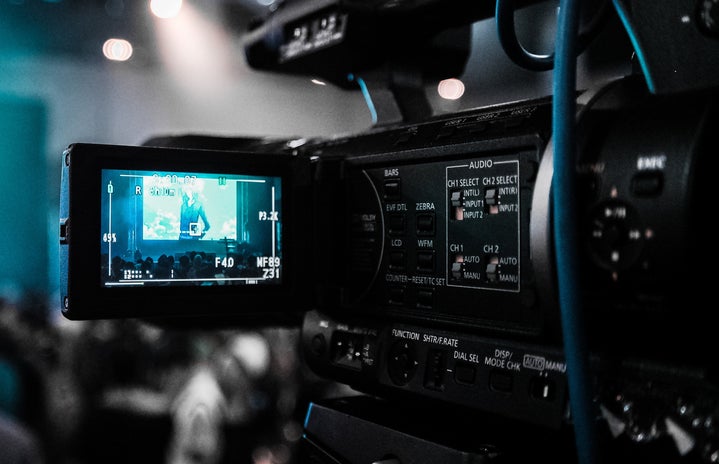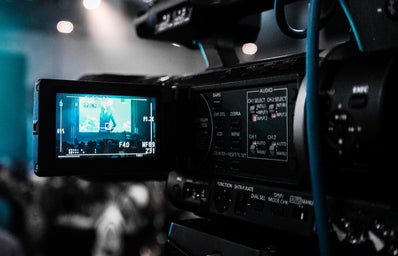Sydney Sweeney has quickly become one of my favorite actresses EVER. I make it my mission to watch everything she appears in. But let’s back up for a second; In case you have no idea who Sydney Sweeney is, she is one of the most popular names in movies and television right now. You may know her from one of her most well-known roles as Cassie in the Emmy award-winning show Euphoria or one of her most recent big movie, Anyone But You. She’s also starred in The White Lotus, Everything Sucks!, Reality, Handmaid’s Tale, The Voyeurs, and Immaculate. At only 26 years old, Sweeney has already built quite the name for herself; She has several brand deals, such as Bai Drinks, Ford, and Laneige, as well as recently hosted Saturday Night Live. From her resume alone, it’s easy to tell that Sweeney has a passion for what she does…But her niche doesn’t always get recognized.
Despite Sweeney’s hard work in the acting industry, she is often praised online for something other than her talent; Her looks. It’s obvious that Sweeney is beautiful in every post, role, and event she attends, like many other actresses, but the media often exploits her for how she looks, overlooking her skill and focusing on her idealistic body. Her social media comments are filled with messages objectifying her body such as, “I see why her movie gets so many views” and “So this is why her SNL episode is the most viewed”. Yes; Those are real comments that I saw scrolling on my feed this morning. As a young actress, having your body objectified so heavily during the rise of your career can skew your mindset. In an interview with TODAY, Sweeney states that she sees the comments people make about her body online but doesn’t allow herself to react to them. She states, “I kind of just have to take it day by day and just keep being myself…I’m just trying to figure out how to deal with it”. In another interview with Variety, Sweeney explains that women in the media must repeatedly prove themselves and still be questioned about their talent. Her statement reigns true; Sweeney is not the first woman to be objectified online.
Women in films have been shown from a male gaze for ages. Female lead characters are typically portrayed as more likely to be objectified, causing a harmful stereotype for any women and girls watching. HuffPost states that these portrayals are often from a lack of women working as writers, directors, producers, and other roles important to cinema. Researchers found that women in leadership roles were likely to be illustrated as sexual objects compared to male actors, with female leaders being four times as likely to be shown wearing revealing clothing and twice more likely to be shown partially nude. This proves that movies are typically shown with a male gaze; These movies are made by men, for men. By doing this, the producers and directors are almost giving the world permission to objectify the actresses in their films by putting them on display more than male actors. This can explain why viewers are so quick to write objectifying comments under someone’s post; If the directors approve, then anyone can do it.
The solution to this problem sounds simple; Put more women behind the scenes when creating media. But it’s not that easy. As previously stated, Sweeney is correct; Women have to work harder to prove themselves fit for a job compared to men. This social standard makes it difficult for women to get into the film industry and make movies for everyone rather than objectifying women for men. Women just like Sweeney are sexualized every day for simply doing their job, but the harder we push as women, the stronger our mark on the media will be.


